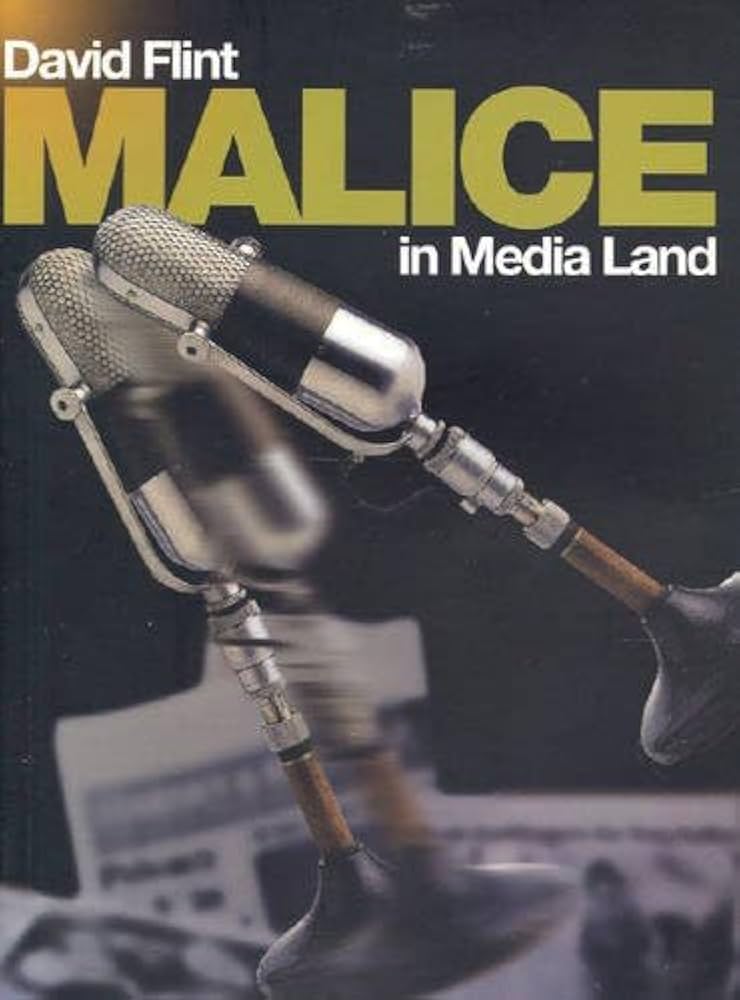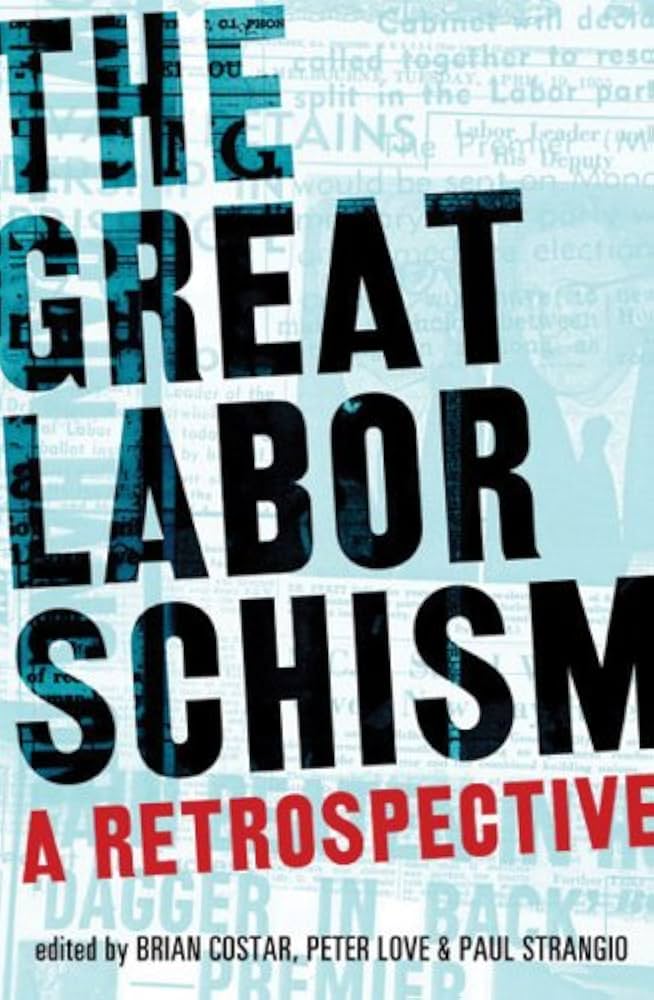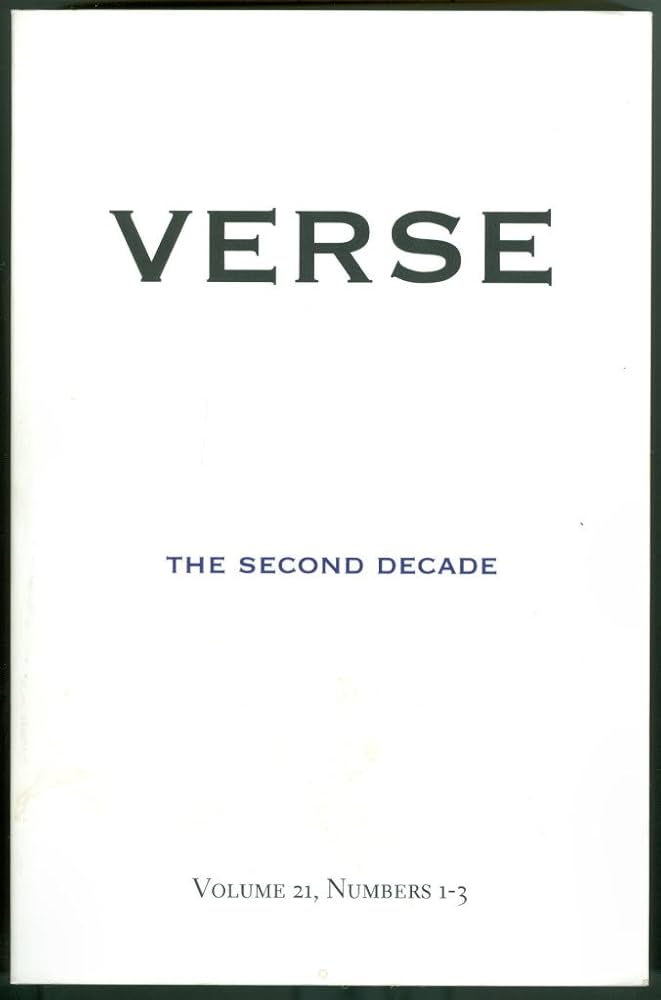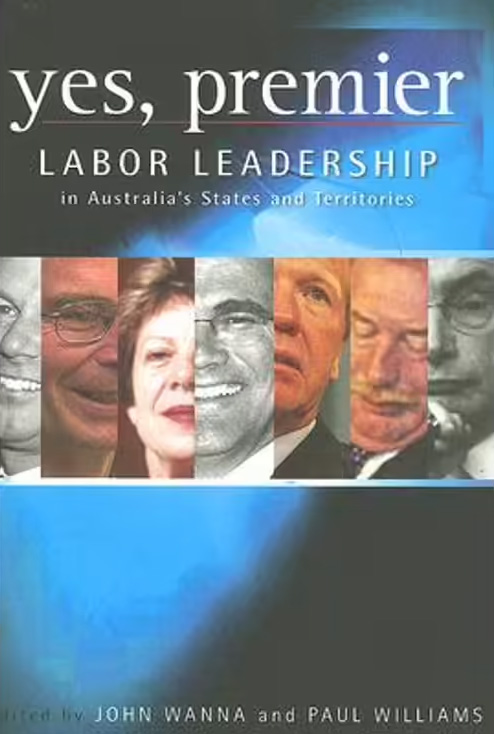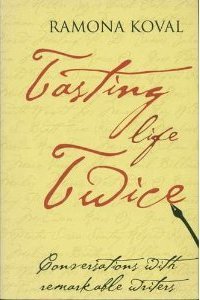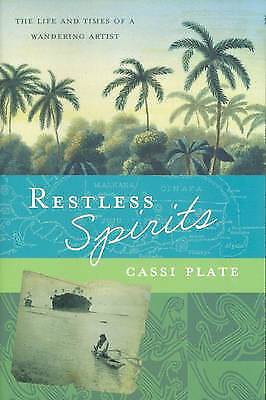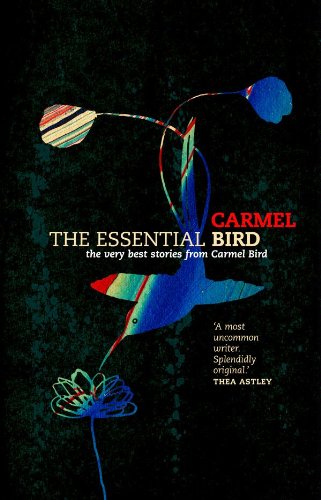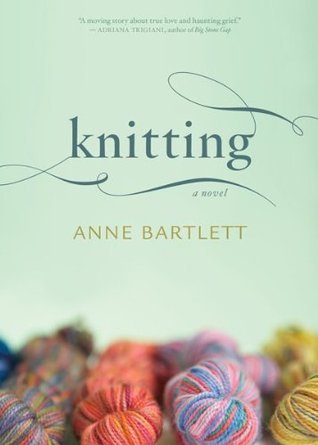Archive
Film | Theatre | Art | Opera | Music | Television | Festivals
Welcome to ABR Arts, home to some of Australia's best arts journalism. We review film, theatre, opera, music, television, art exhibitions – and more. To read ABR Arts articles in full, subscribe to ABR or take out an ABR Arts subscription. Both packages give full access to our arts reviews the moment they are published online and to our extensive arts archive.
Meanwhile, the ABR Arts e-newsletter, published every second Tuesday, will keep you up-to-date as to our recent arts reviews.
Recent reviews
The Great Labor Schism: A retrospective edited by Brian Costar, Peter Love and Paul Strangio
Verse: The second decade vol. 21, nos. 1-3 edited by Brian Henry and Andrew Zawacki
Yes, Premier: Labor leadership in Australia's states and territories edited by John Wanna and Paul Williams
Tasting Life Twice: Conversations with remarkable writers by Ramona Koval
ABR welcomes letters from our readers. Correspondents should note that letters may be edited. Letters and emails must reach us by the middle of the current month, and must include a telephone number for verification.
Behold how low
Dear Editor,
Robert Manne’s review of my book Washout: On the Academic Response to the Fabrication of Aboriginal History (ABR, May 2005) avoids most of my criticisms of Whitewash: On Keith Windschuttle’s Fabrication of Aboriginal History, and misrepresents the rest.
... (read more)
